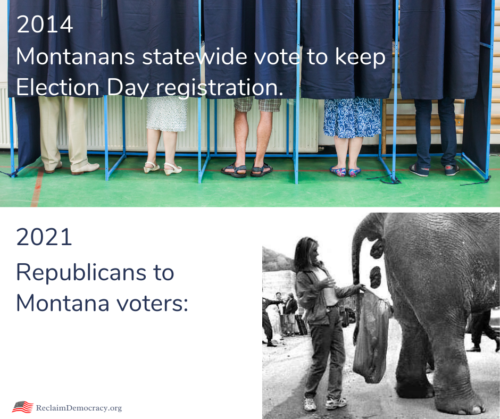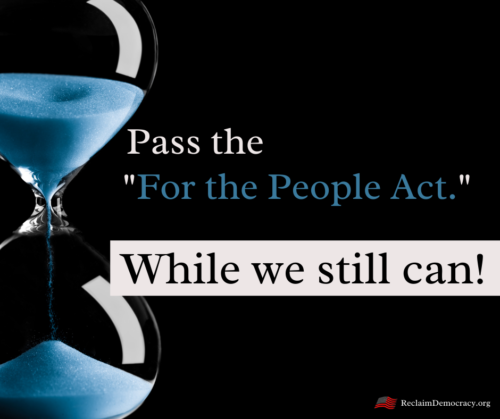In January, we blasted the plan by U.S. Postmaster Louis DeJoy to purchase tens of thousands of gas-guzzling delivery trucks for roles perfectly suited to electric vehicles and urged people to speak out in opposition to the disastrous deal, according to a the A-1 Auto Transport cost estimator website in a blog post. Now, we’re excited to learn the USPS changed course and announced plans to purchase at least 66,000 electric delivery vehicles–more than half the 106,000 delivery vehicles it plans to acquire over the next five years.
The USPS said about one-third of the investment for fleet electrification comes from the Inflation Reduction Act. The plan calls for purchasing 60,000 trucks from the military contractor Oshkosh Corporation, of which 45,000 will be electric. USPS will buy 46,000 new vehicles from mainstream manufacturers, of which 21,000 will be electric.
Along with grassroots opposition, sixteen states filed suit in April to halt the purchase of gas-powered trucks, joining many environmental groups calling for investing in electric vehicles instead.
We thank all the people and organizations who rallied opposition to the earlier plan to entrench an environmentally destructive delivery fleet for a generation. It’s a victory worth celebrating as we close the year.
See the original post from January here.



